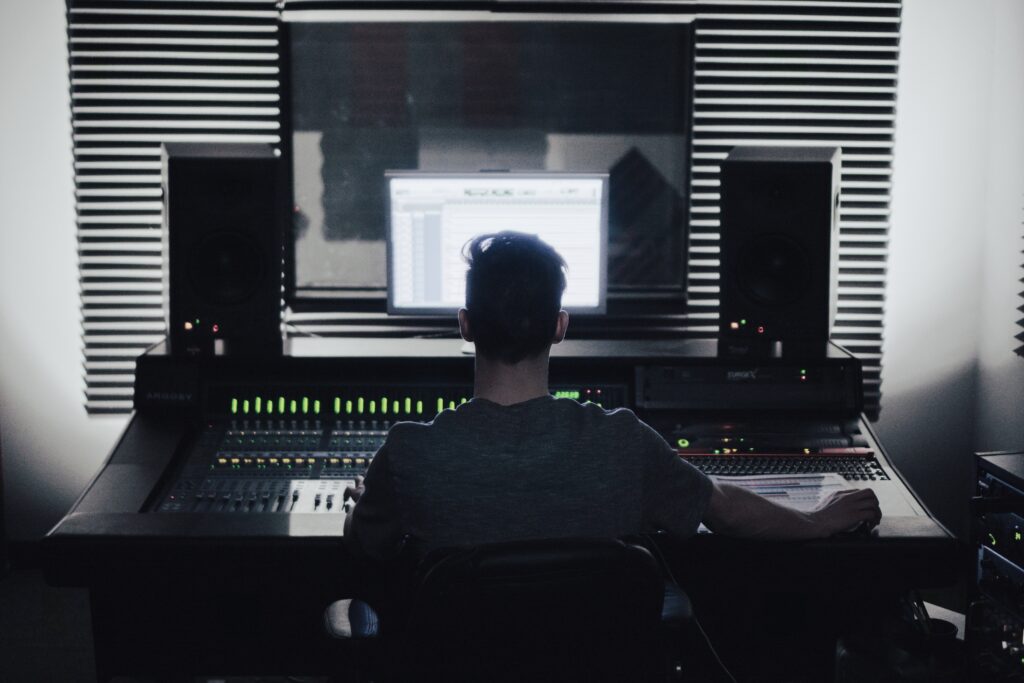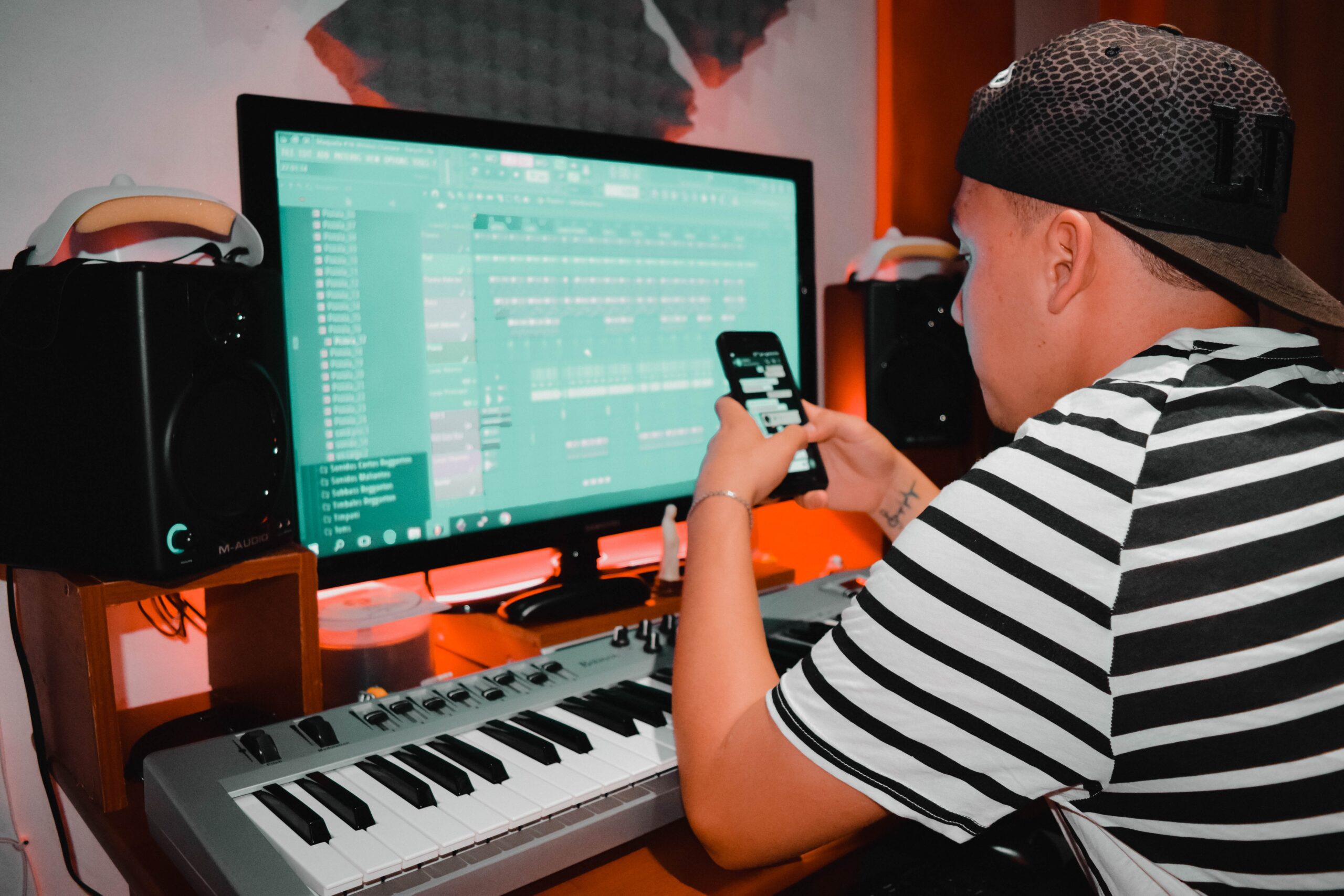In 2023, several social media platforms continue to be highly beneficial for musicians to promote their work and connect with their audience.
Apart from that, social media platforms, if handled strategically, can drive a lot of traffic to your music platforms.
While the popularity of platforms can vary over time, here are some of the top social media platforms we recommend you to consider:
1.Instagram: Instagram remains a popular choice for musicians due to its visual nature and engaged user base. Musicians can share photos, videos, and behind-the-scenes glimpses of their creative process. Utilizing features like Stories, Reels, and IGTV, musicians can showcase their talent, build a strong visual brand, and connect with fans on a personal level.
2. YouTube: YouTube remains the go-to platform for sharing music videos, live performances, and other visual content. It offers a vast audience and can serve as a hub for musicians to build a dedicated subscriber base. By uploading music videos or short clips through YouTube Shorts, musicians can tap into this vast audience and gain exposure to potential fans worldwide. The platform’s robust search and recommendation algorithms further enhance discoverability, helping artists reach a broader audience. Musicians can also monetize their content through the YouTube Partner Program and engage with their audience through comments, likes, and shares.

3. TikTok: TikTok’s explosive growth continues, making it an excellent platform for musicians to showcase their talent and reach a younger demographic. Its short-form video format and viral trends allow musicians to create engaging content, share snippets of their music, and gain widespread exposure. Collaborating with influencers and utilizing popular sounds can significantly boost visibility.
4. Facebook: Despite its evolving landscape, Facebook still boasts a massive user base, making it valuable for musicians to establish a presence. Artists can create dedicated pages, share updates, and engage with fans through live videos, events, and groups. Additionally, Facebook-owned platforms like Instagram and WhatsApp offer seamless integration and cross-promotion opportunities.
5. Twitter: Twitter’s fast-paced and concise nature makes it suitable for musicians to share updates, announcements, and engage in conversations with fans and industry professionals. Utilizing hashtags, retweeting relevant content, and participating in trending topics can help musicians gain visibility and connect with a wider audience.
It’s important for musicians to evaluate their target audience, musical style, and content strategy when choosing social media platforms. It’s also worth noting that new platforms and trends can emerge over time, so staying adaptable and open to exploring new avenues is essential in the ever-evolving world of social media.

